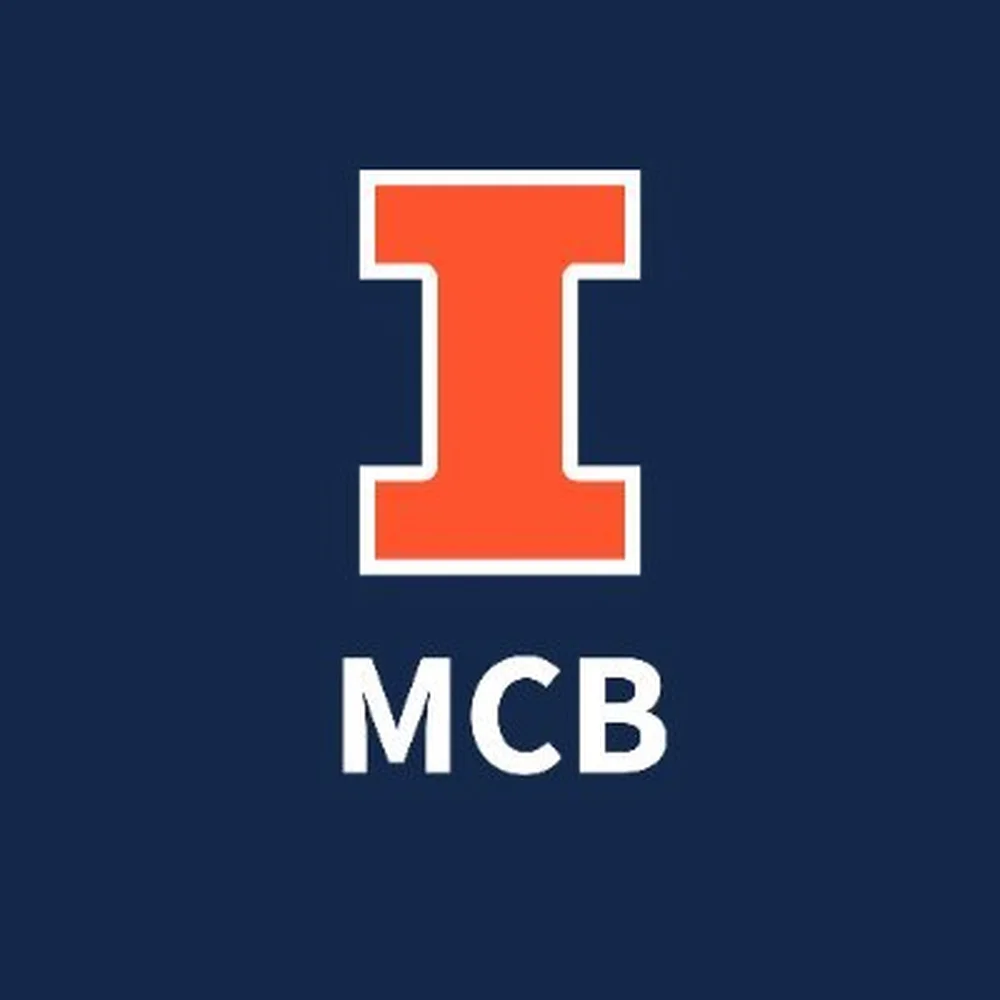
Want to know who is likely to win a Nobel prize? One consistent indicator is being invited to speak at the Ada Doisy Lecture Series. Remarkably, 25% of scientists who have accepted invitations to deliver the prestigious Ada Doisy Lecture in Biochemistry have gone on to win the Nobel Prize. This year, the 2010 Doisy Lectures in Biochemistry will be held Thursday, March 18, and Friday, March 19, in the Medical Sciences Auditorium (506 South Mathews Avenue, Urbana).
Want to know who is likely to win a Nobel prize? One consistent indicator is being invited to speak at the Ada Doisy Lecture Series.
Remarkably, 25% of scientists who have accepted invitations to deliver the prestigous Ada Doisy Lecture in Biochemistry at the University of Illinois have gone on to win the Nobel Prize.
This year, the 2010 Doisy Lectures in Biochemistry, which celebrate fundamental and biomedical advancements in the RNA world, will be held on Thursday, March 18, and Friday, March 19, in the Medical Sciences Auditorium (506 South Mathews Avenue, Urbana). The Doisy lectures are sponsored by the Department of Biochemistry in the School of Molecular and Cellular Biology at the University of Illinois, Urbana-Champaign.
Thursday, March 18, at 4 p.m., the Department of Biochemistry welcomes Nobel Laureate Dr. Jack Szostak. After agreeing to speak at the Doisy lectures, Dr. Szostak was awarded the 2009 Nobel Prize in Physiology or Medicine, along with Drs. Carol Greider and Elizabeth Blackburn (herself a Doisy lecturer in 1999). Dr. Szostak, Alex Rich Distinguished Investigator at Massachusetts General Hospital at Boston, will present a lecture entitled "What Can We Learn About the Origin of Life from Efforts to Design an Artificial Cell?”
Friday, March 19, at noon, Dr. Jennifer Doudna from the Departments of Molecular and Cell Biology and Chemistry at the University of California at Berkeley, will talk on “Dicer and Beyond: Making and Using RNA for Genetic Control.”
Professor and Nobel Laureate Jack Szostak is the recipient of myriad honors, including, in addition to the 2009 Nobel Prize in Physiology or Medicine and the 2006 Albert Lasker Basic Medical Research Award (along with Drs. Elizabeth Blackburn and Carol Greider), the 1997 Sigrist Prize from the University of Bern, the Medal of the Genetics Society of America, the 1994 National Academy of Sciences Award in Molecular Biology, as well as the H.P. Heineken Prize in Biophysics and Biochemistry. An Investigator of the Howard Hughes Medical Institute, Professor Szostak was elected to the National Academy of Sciences in 1998, and is a Fellow of the New York Academy of Sciences, the American Academy of Arts and Sciences, and the American Association of the Advancement of Sciences.
Professor Jennifer Doudna earned her Ph.D. in 1989 under Professor Jack Szostak in Biological Chemistry and Molecular Pharmacology at Harvard Medical School. Dr. Doudna’s awards include the National Academy of Sciences Award for Initiatives in Research, the Alan T. Waterman Award from the National Science Foundation, and the Eli Lilly Award in Biological Chemistry from the American Chemical Society. Professor Doudna is an Investigator of the Howard Hughes Medical Institute, an elected Fellow of the American Association for the Advancement of Science, a Member of the American Academy of Arts and Sciences, and was elected to the National Academy of Sciences in 2003.
The Ada Doisy Memorial Lectures in Biochemistry, among the most distinguished lectureships in the chemical and biomedical sciences, were originally founded by Nobel Laureate Edward Doisy in honor of his mother. Dr. Doisy received his Bachelor's degree in 1914 and his Master's degree in 1916 from the University of Illinois; he received his Ph.D. from Harvard University in 1920. Dr. Doisy was professor and chairman of the St. Louis University Department of Biochemistry from 1924 until his retirement in 1965.
The lectures are free and open to the public.